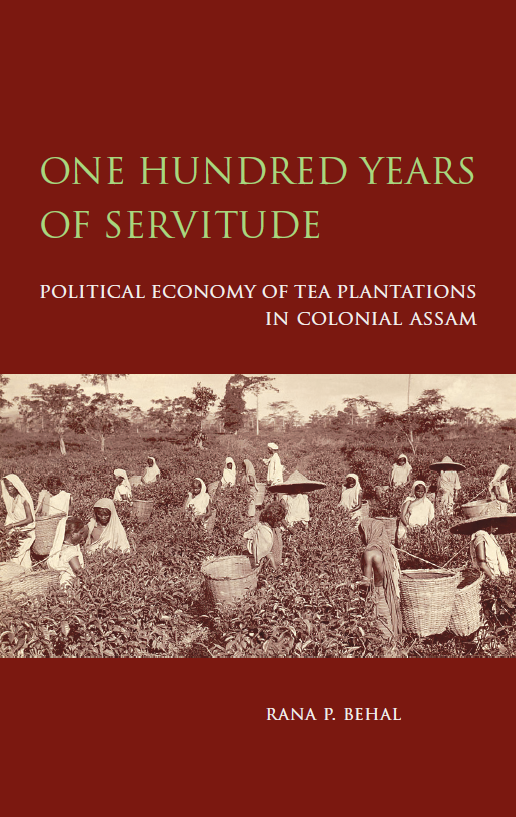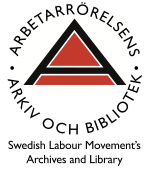
- Seminariet är en del av serien global arbetarhistoria
Rana P. Behal presents a hundred-year history of tea plantations in the Assam (Brahmaputra) Valley during British colonial rule in India. He explores a world where more than two million migrant labourers worked under conditions of indentured servitude in these tea plantations, producing tea for an increasingly profitable global market.
Behal traces the genesis and early development of the tea industry, from 1840 to the early 1860s, and examines the links between the colonial state and private British capital in fostering plantations in Assam. He discusses the nature of the ‘tea mania’ and its consequences, which led to the emergence of the indenture labour system in Assam’s tea gardens.
The focus is on the process of labour mobilization and the nature of labour relations in the tea plantations, and Behal deals with the operational aspects of labour recruitment for the plantations, which involved the transportation and employment of migrant labourers, from the 1860s right up to 1926 – when the indenture system was formally dismantled.
Behal also examines the power structure that ruled over the organization of production and labour relations within the plantations. This power structure operated at two levels: around the Indian Tea Association, the apex body of the tea industry, and the coercive authority exercised by planters.
The book offers a critical analysis of the quantities of production, market prices, volume of exports and profitability, acreage expansion, labour employment and wage payments in the Assam Valley tea plantations from the 1870s to 1947. Behal tells the story of everyday labour life in the tea gardens, and of the resistance to the oppressive regime by ‘coolie’ labourers who had been coerced into generational servitude. He analyses the forms of their protests, and raises the question whether the transformation of these migrant agrarian communities working in conditions of unfree labour was proletarian in nature.
Rana P. Behal taught history at Deshbandhu College, University of Delhi. He has also held teaching assignments at Cornell University, Syracuse University and Oberlin College. He was a fellow at Nehru Memorial Museum and Library, New Delhi; South Asia Centre, Cambridge University; Re:Work, Work and Human Life Cycle in Global History, Humboldt University, Berlin; and Centre for Development Studies, Geographic Sciences, Free University, Berlin.
The seminar will be held in English, and is open to everyone.
For more information, please contact Jonas Söderqvist, jonas.soderqvist[at]arbark.se

